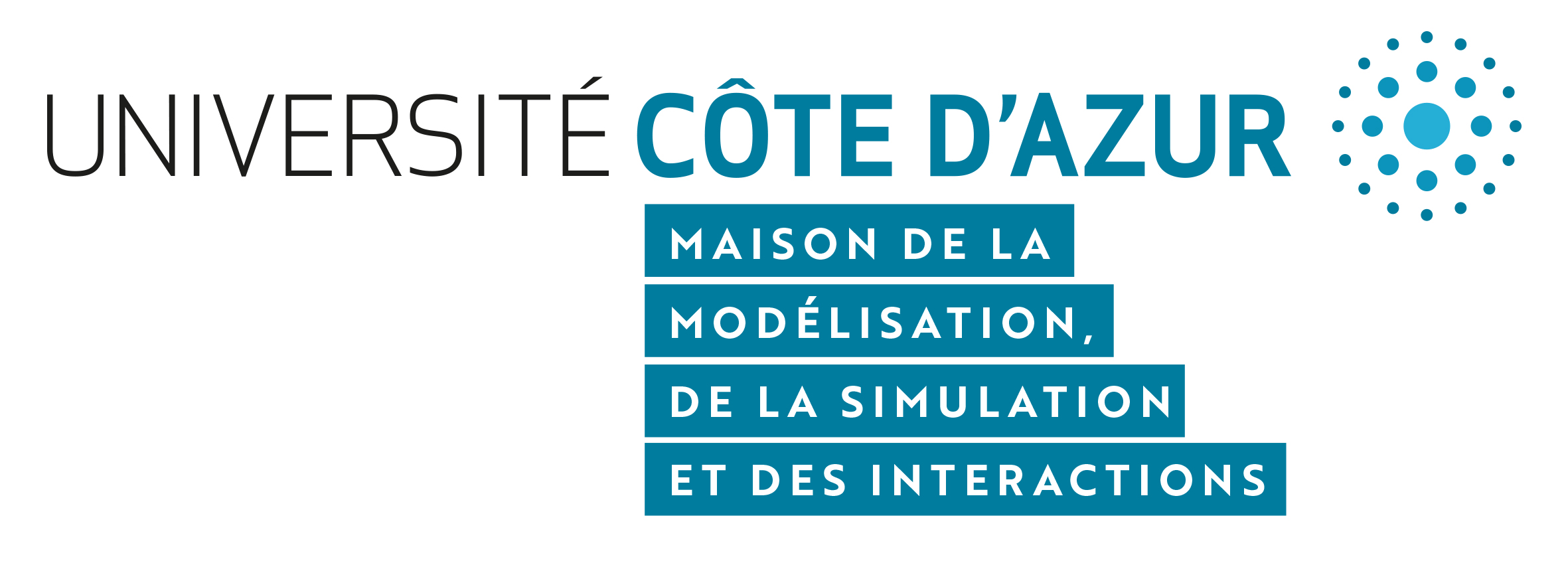MoVICI
Modeling Epistemic Vigilance and Its Institutions in the Communication of Shared Information on the Internet
The MoVICI research project aims to better understand the social motivations underlying epistemic vigilance when evaluating information shared on the Internet and in public debates.
In academic literature, it is generally assumed that individuals who integrate false information into their prior knowledge do so because they are gullible. The primary solution proposed to counter this phenomenon is critical thinking education—training individuals to apply analytical reasoning when evaluating information.
MoVICI seeks to test an alternative hypothesis: individuals accept low-quality information not due to gullibility, but because they lack the motivation to modify their existing knowledge structures. Drawing on social interdependence theory, we argue that the relational context in which individuals engage in this evaluation process (i.e., competitive vs. cooperative) is a key factor influencing this motivation.
Project Leader
- Jean-Sébastien Vayre. Associate Professor of Sociology, Université Côte d’Azur, GREDEG.
Project Partners
- Sahbi Benlamine. Associate Professor of Information Science, Dubai Higher Colleges of Technology.
- Cheyenne Dosso. Associate Professor of Cognitive Ergonomics, Université Côte d’Azur, LAPCOS.
- Christophe Heintz. Researcher in Cognitive Science, Central European University, SMC.
- Tiffany Morisseau. Researcher in Cognitive Psychology, Université de Paris Cité, LAPEA.
- Serena Villata. Research Director in Information Science, Université Côte d’Azur, I3S.

